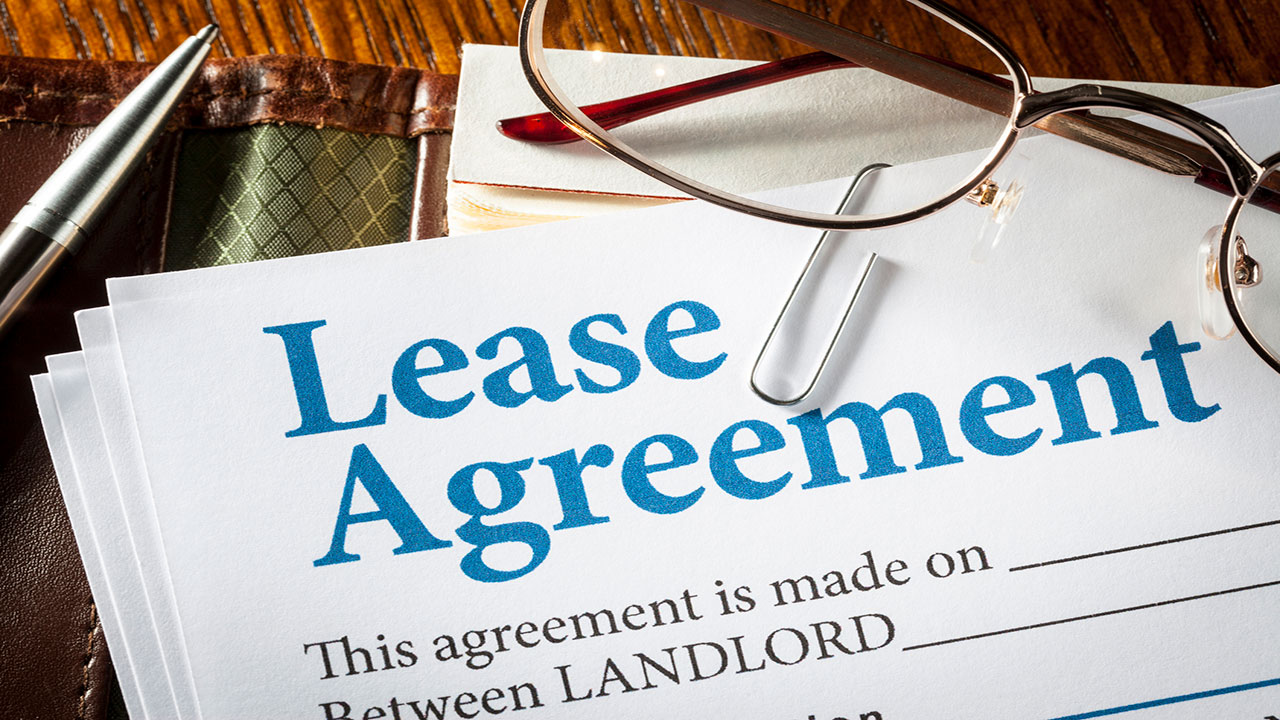
Renting out a property is a great way to bring in supplemental income, whether it’s a home, apartment, condo, or other type of real estate. But there are rules that landlords must adhere to in order to comply with the law while enjoying rental income.
Condos, in particular, have their own additional rules that landlords must follow. Before you consider renting out a unit in a condominium, there are a few important things you should know first.
1. Your HOA Might Not Allow Rentals

Perhaps the biggest difference between renting out a condo and a typical apartment or freehold property is the presence of a homeowner’s association (HOA). Condos are governed by an HOA that ensures a specific set of rules and regulations are followed by each homeowner in the community. Such rules exist to maintain the standard of the condominium and protect the property values of the units within the association.
Some HOA’s do not allow units to be rented out. If your HOA has this stipulation, you won’t be able to rent out your unit. If you haven’t yet purchased a condo and have the intention to rent it out, carefully review the HOA documents to make sure there is no rule against renting units in the community. Read the association’s bylaws to become familiar with its policies regarding the ability to rent before making a purchase.
2. The HOA May Have Rules Governing How Rentals Are to Be Handled
If your HOA allows rentals, it may have regulations that cover lease requirements. For instance, there may be restrictions on the number of people allowed to live in the unit or whether pets are permitted. Some HOAs may also only allow rentals after the owner has occupied the premises first for a specific amount of time.
There could also be regulations dictating the maximum proportion of rentals in the community. If the condominium you’re looking at buying is already nearing or is at its rental maximum, you may not be allowed to rent out your unit at all.
3. The HOA Might Be Strict With Tenant Approval

As a landlord, you will obviously want to closely screen all applicants before allowing someone to live in your unit. This can involve calling previous landlords, speaking with current and past employers, conducting a credit check or criminal background check, and so forth. But your HOA might want to have their own tenant screening process conducted to make sure they approve the individual(s) who want to rent out your unit.
Some form of rental approval is typically required, but some HOAs might be more hands-on and stringent about tenant approval than others. Some associations may only require that a tenant fill out a rental application approved and provided by the HOA itself, while others might go so far as to require a tenant interview with the condo board.
At the end of the day, the HOA will want to know exactly who is living in their condominium. To make sure you follow the HOAs approval process, you may want to speak with a board member in addition to reading over the HOA documents.
4. Factor in Your HOA Fees
There is always a list of expenses that you will need to factor into the equation when determining what type of a profit you will be making when renting. Crunching the numbers before investing is a crucial step. Failure to do so with accuracy could leave you with an investment that leaves you little or no return on investment.
When renting, the typical expenses will need to be considered, such as property insurance, maintenance, mortgage interest, and so forth. But there’s another expense that’s unique to condos: HOA fees. Every month you will be responsible for paying HOA fees, which cover things such as maintenance of common areas and amenities.
While this may offset any costs that you may have incurred to maintain a freehold home, they’re still fees that you need to add to the mix. Some HOA fees are rather modest, while others can be exorbitant depending on the location, size of your unit, and the types of amenities offered.
5. Get Your Tenant Up to Speed on the Rules

As a landlord, it’s in your best interests to fully understand all of the rules and regulations of your HOA documents to find out how they will affect your ability to rent. But your tenant should also be familiar with the rules to make sure they follow them. Not only will this affect you, but it will also have an impact on how your tenant will enjoy living there.
It’s your responsibility as a landlord to educate your tenant about the rules of the condo and make sure they follow them. Be sure to include a clause in your lease agreement that states that the tenant is responsible for reading over the HOA documents regarding tenant and resident obligations.
6. You and Your Tenant Should Both Have an Insurance Policy
Whether you live in the condo yourself or rent it out, you should still take an insurance policy out on it. But as a landlord, your policy will differ. As a condo owner and a landlord, you’ll want a policy that protects you against several different potential risks, such as unanticipated maintenance, tenants that cause damage to the unit, and loss of rental income.
But your tenants should also have their own policy that covers things such as burglary, damage to their belongings, and any liability for damage to other units or amenities caused by the tenant’s neglect. Make sure that your lease agreement includes a clause that stipulates that the tenant must take out their own insurance policy.
The Bottom Line
A condo is only one of many types of real estate that landlords may consider renting out in order to realize a profit. But renting out a condo affords landlords with the benefit of not having to worry about making as many visits to fix or maintain the property. Instead, the property management company that handles the association tends to deal with the majority of these issues.
That said, there are certain rules that are unique to condominiums that landlords must abide by that don’t necessarily exist with other types of real property. Make sure you fully understand how the HOA affects the ability for owners to rent out their condo units before you invest in one. And as always, be sure to have an experienced real estate agent by your side to help you make a sound purchasing decision.